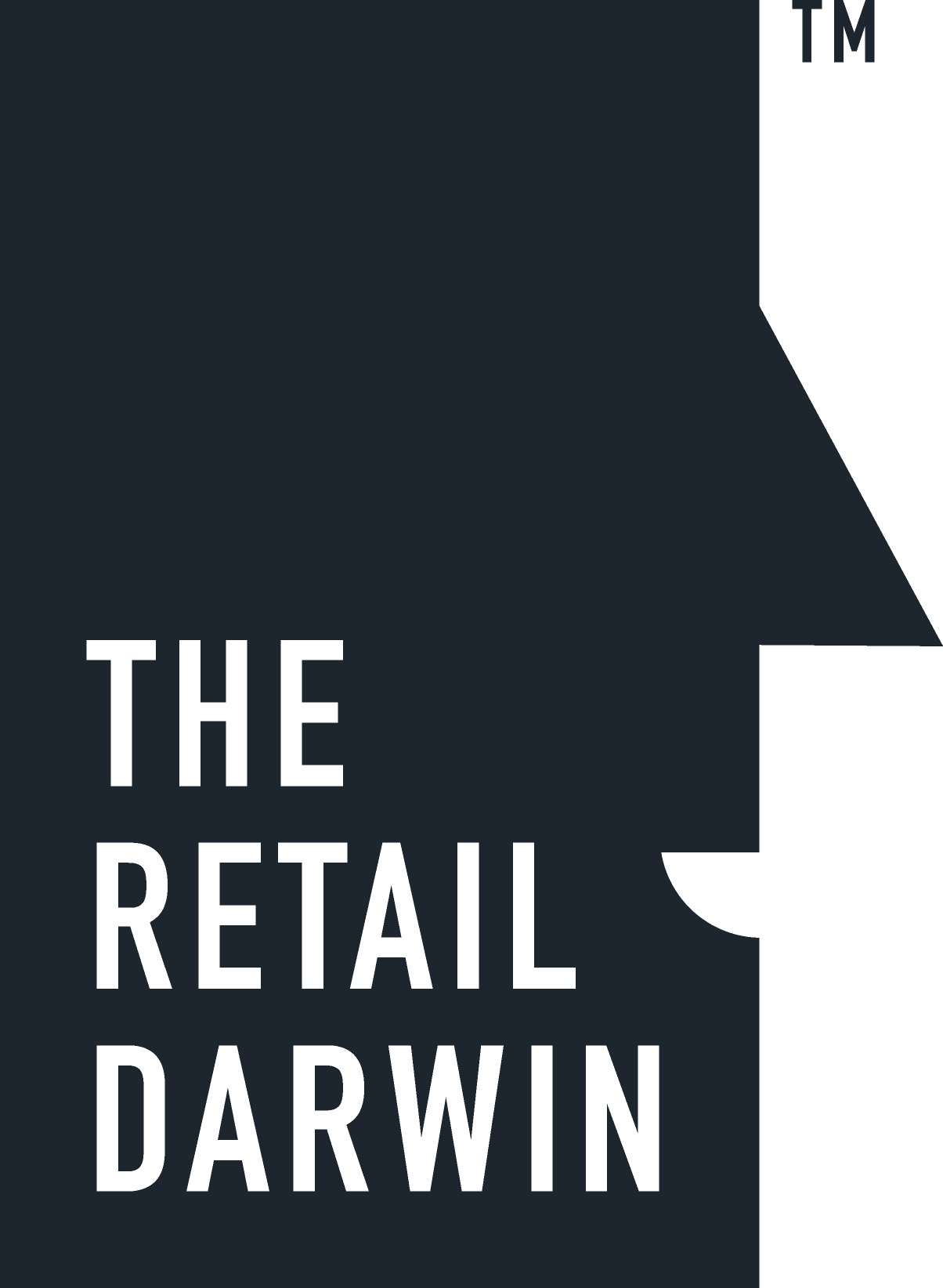Together We Stand
The interesting paradox of being separated and closer together.
As the first half of 2020 unfolded, our societies have been mercilessly tested over and over again in multiple contexts. How do we make sure things hold together while acknowledging the fact that we have drastically different life experiences, and during the pandemic, we must remain physically apart?
We are composing this story, not as editors of a publication, but rather as fellow human beings at a time of exceptional duress. The COVID-19 pandemic, the murder of George Floyd, as well as the prodigious responses from across the world to these events have reminded us that our world is ultimately held together by individuals and communities. We are better bonded by shared experiences and values, the support we give one another, and the ways we distribute resources beyond a market-oriented exchange of goods. It has required disparate disciplines to work more closely together, often on reduced timelines, yielding more collaboration, mutual learning, creativity, and direct action than ever.
In the midst of all the challenges, we’ve still found constant inspiration from the individuals, businesses, and organizations who changed course, diving into unfamiliar territory to support the immediate needs of their communities and build a more resilient future. Some of the world’s biggest companies—LVMH, Ferrari, and Ford—took nimble moves to pivot their research and manufacturing resources to the rapid production of medical equipment. Paypal became the first non-bank in the Paycheck Protection Program, providing employers access to small business loans to help pay workers during the pandemic. AgUnity, a global tech company normally focused on solutions for smallholder farms, built a mobile marketplace that connects farmers to buyers in order to keep food supply chains uninterrupted in a safe, secure way. A small construction company, NODE, pivoted their sustainable residential construction to building hospital room units and quarantine houses that can be repurposed in the future as affordable housing. A Boston-based design company, MASS Design Group, whose mission is to “research, build, and advocate for architecture that promotes justice and human dignity”, created a COVID-19 Design Directory that tracks design projects, ideas, and impact to keep a record of design’s contributions.
As the Black Lives Matter movement gains momentum, companies and individuals alike are again shifting focus to address the most pressing issues of the moment, practicing what is known as brand activism. Dynata, a global data and insights company and DeVries Global, a marketing solutions provider, surveyed 1,000 Americans and found that younger consumers are 3.2 times more likely to suggest that the Black Lives Matter movement is going to change their purchase behaviors in the future; nearly two out of three respondents under age 35 said they will be “doing more research on brands and their inclusivity practices before purchasing, in light of recent events.” In wake of protests over the police-involved deaths and consumer expectations, companies around the country honored Juneteenth— the commemoration of the ending of slavery in the U.S.— as a paid holiday. Airbnb partnered with civil rights organizations and launched “Project Lighthouse” to "uncover, measure, and overcome” discrimination on its platform. Big tech companies like IBM, Microsoft, and Amazon have stopped or suspended sharing their facial recognition software with the police. Nike released an ad with a strong, head-on message: “For once, don’t do it. Don’t think you can’t be part of the change.”
It is a moment that demands solidarity, a shared social experience that connects all of us in restoring humanity to its principles of existence. Let’s not forget, whether it is the color of one’s skin, the life partner we choose, one’s religion, or many other factors that distinguish us from each other, our strength comes from our willingness to treat each other as we wish to be treated, namely as fellow human beings, as equals.
Sources: IDEO | COVID-19 Business Pivot Challenge | The Cut (March 19, 2020) | Formula One (May 13, 2020) | WSJ (April 10, 2020) | COVID-19 Innovation Hub (May 12, 2020) | Paypal (April 10, 2020) | The Design Vanguard | WWD (June 8, 2020) | WSJ (June 18, 2020) | Vox (June 11, 2020) | AdAge (May 29, 2020)


